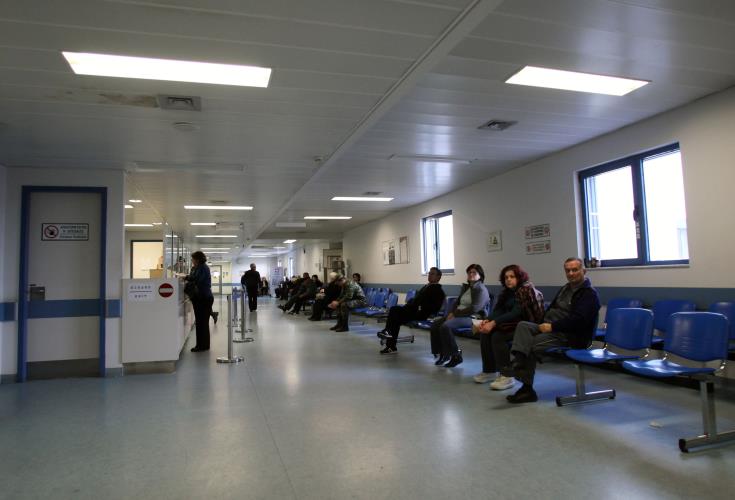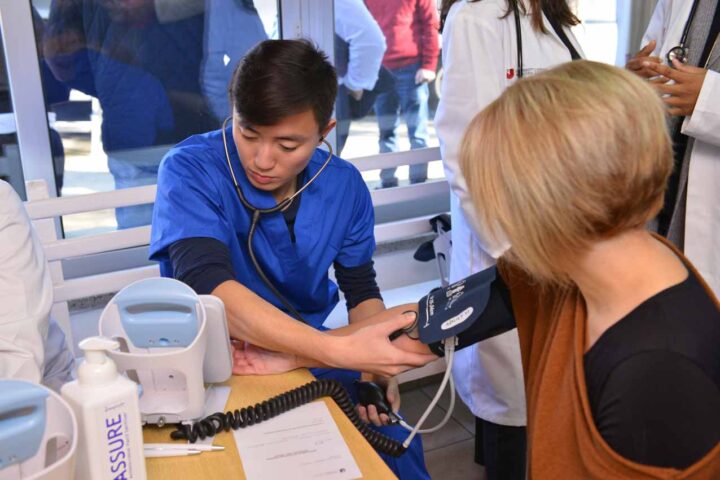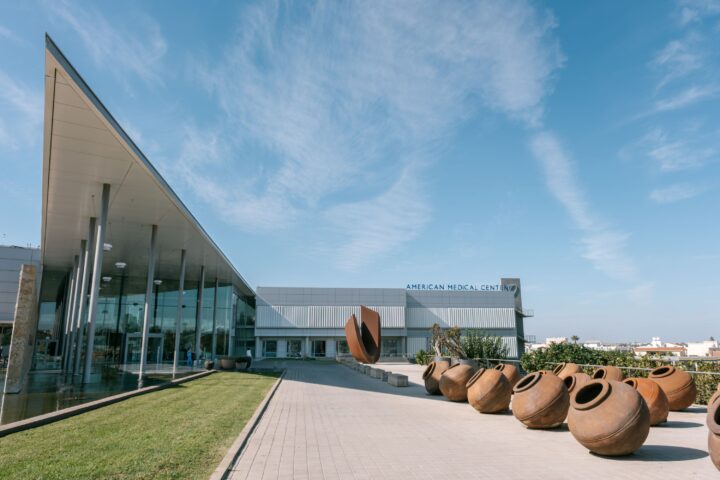With the General Healthcare System (GHS) Phase II to launch on 1 June Cypriots must increase their contributions to the Health Insurance Organisation (HIO) from 1 March, amid concerns hospitals are not ready.
When Phase I – outpatient care – came into operation last year, employees contributed 1.7% of their income to the GHS, employers 1.85%, the state 1.65%, and the self-employed 2.55%.
With Phase II, which will introduce free hospital inpatient care for beneficiaries, these figures will be bumped to 2.65%, 2.9%, 4.7% and 4% respectively.
Contributions, however, seem to be the least of the concerns regarding the implementation of Phase II as private hospitals are not yet on board, while health workers claim, “state hospitals are in chaos”.
The Health Insurance Organization boasts that it has obtained the initial consent of some 45 private hospitals/clinics to join the scheme.
Getting private health institutions to join was a difficult task for the HIO, as the private hospitals had a change of heart to join the GHS at the eleventh hour.
The list of private hospitals to be included on the GHS list are from all districts.
Nicosia’s two largest private hospitals which have a large number of beds stated that they would like to intensify negotiations with the HIO.
However, almost 50% of the beds nationwide are provided by state hospitals, which should be ready by 1 June to offer inpatient care under the GHS.
The State Health Services Organisation OKYPY, the caretaker body overseeing the administrative and financial autonomy of state health is trying to put public healthcare in order, but it is criticised for the quality of service from medical staff and patients.
This does not bode well ahead of the rollout of Phase II in June.
Doctors and nurses have repeatedly warned that hospitals will not be able to cope with the GHS environment unless all issues hindering their proper function are addressed.
Health workers claim that the state hospitals are in chaos while reports suggest general hospitals face shortages of medicines and bedding.
Some 3,000 state nurses, members of civil servants’ union PASYDY said they despaired over the state of hospitals.
They are “disappointed” that the situation has not improved since OKYPY, their new employer, took over from the Health Ministry last year.
Head of PASYDY nurses Prodromos Argyrides told state radio CyBC that hospitals were in a mess.
“We all feel this situation is not living up to the expectations created that with the autonomy of state hospitals things would improve.”
He said staff were disappointed by the lack of dialogue with OKYPY and its ineffectiveness.
OKYPY has yet to complete contract negotiations with doctors, nurses, and other health professionals such as nutritionists, psychologists and dentists.
A major challenge OKYPY faces before GHS Phase II is launched is to stem the flow of state doctors resigning to join the private sector.
Doctors appear to be dissatisfied with the pay offered as they have said that OKYPY is avoiding discussing benefits.
OKYPY’s first proposal to doctors was rejected, it will hold a new round of negotiations with doctor unions.
Patient care
Patient groups are also far from happy with the standard of care at state hospitals.
The Federation of Patients President Marios Kouloumas said the main issues troubling public healthcare are outdated policies and the mentality of the state employees, both of which are major hurdles to the smooth running of the hospitals.
Kouloumas said that frictions between various groups of health workers within state hospitals create animosity between colleagues.
He called on OKYPY to “take their supervisory role seriously, and where necessary to bring in compliance measures and punishments.”
For their part, OKYPY has praised the work of state hospitals.
“State hospitals are ready for Phase II of the GHS, and more so than the private ones,” OKYPY spokesman Charalambos Charilaou told CNA.
He added: “We have to admit that state hospitals do have their weaknesses and our focus is to eliminate them and that all the shortages will be covered by the launch of the second phase.”
That is why OKYPY, he noted, has designed a roadmap and has intensified its contacts with health workers so that they can get their insight on how they see their future within the general context of the GHS.
“Our primary goal is to better serve the patient, which today is not the finest feature of public hospitals due to a culture cultivated. This is what we are trying to fix,” said Charilaou.
Last year’s GHS launch dealt with out-patient care services namely establishing a GP system, registering specialists, lab tests and drug distribution (prescriptions).
Phase II will be implemented on 1 June with all other services being introduced, including hospital inpatient care.










